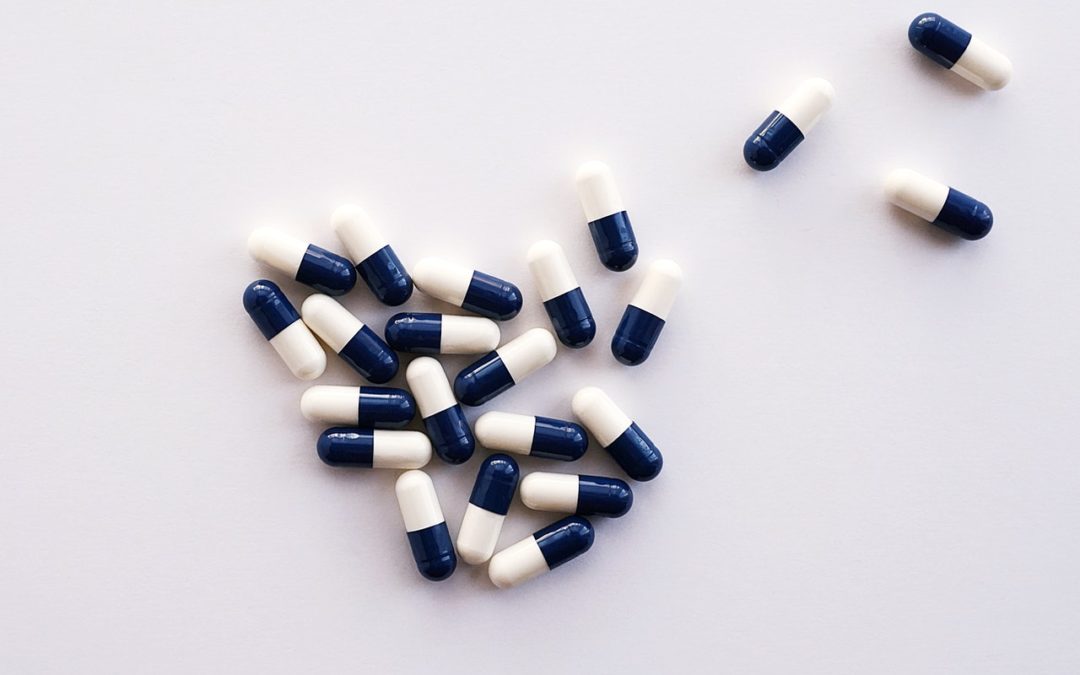Following OxyContin’s introduction in 1997 by Purdue Pharma and the ensuing marketing campaign to sell as much product as possible, opioid addiction rates in the United States skyrocketed to epidemic levels.
Tens of thousands of Americans die each year from opioid overdoses – many of them minors. Parents are justifiably scared and concerned about the welfare of their children in terms of opioid addiction, but getting accurate information about how to prevent addiction in their child, the psychological factors at play in addiction, what causes opioid addiction, or what to do about it once their child becomes addicted is sometimes difficult.
These are the top things parents need to know about opioid addictions.
Prescription Drugs are Not Risk-Free
Despite the public perception of a “junkie,” a vast percentage of people addicted to opioids were initially prescribed pharmaceutical drugs containing opioids by a doctor.
Even worse, many patients take the medications as prescribed without overusing them, but still become addicted. Once the addiction has taken root, stopping these drugs without medical supervision becomes dangerous.
Do Not Attempt Withdrawal Alone
Upon discovering an opioid addiction in their child, the first instinct of a parent is to throw away the drugs and let their child go through withdrawal “cold-turkey.”
This is a dangerous and ineffective way to help your child in the event of opioid addiction. A proper withdrawal requires the medical supervision of trained professionals and the support of licensed therapists. They can uncover the underlying reasons for the addiction and then address them head-on.
Never attempt to force your child into withdrawal without professional help.
Monitor Your Child’s Medications
New regulations and increased awareness have dramatically cut opioid prescriptions rates, but parents should still perform their due diligence by monitoring what drugs doctors prescribe to their kids.
Narcan Saves Lives
Parents of children who have battled opioid addictions should seriously consider investing in an emergency prophylactic called Narcan, a drug that can reverse the effects of an overdose. These medications have saved thousands of lives from opioid overdose since their use became widespread. Although protecting your child at all times is impossible, keeping Narcan in the medicine cabinet may save his or her life one day.
Growing up in the age of opioid addiction is a scary experience, but, as a parent, you can serve as a guardian and mentor to keep your child safe and healthy.
